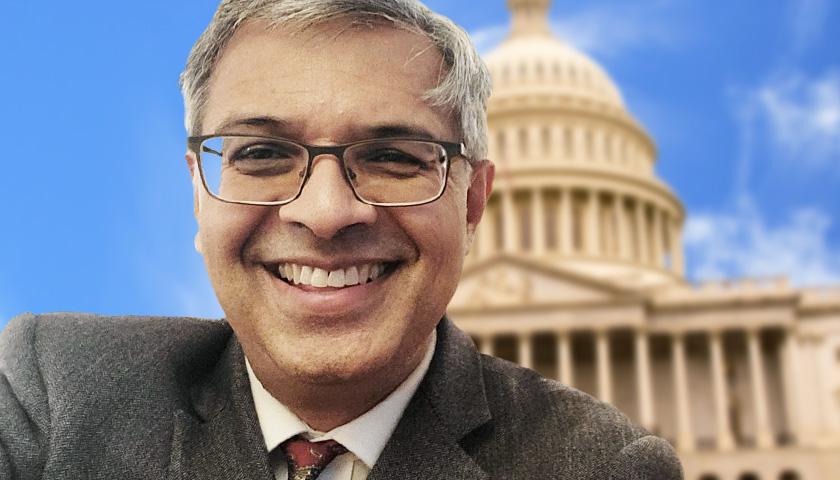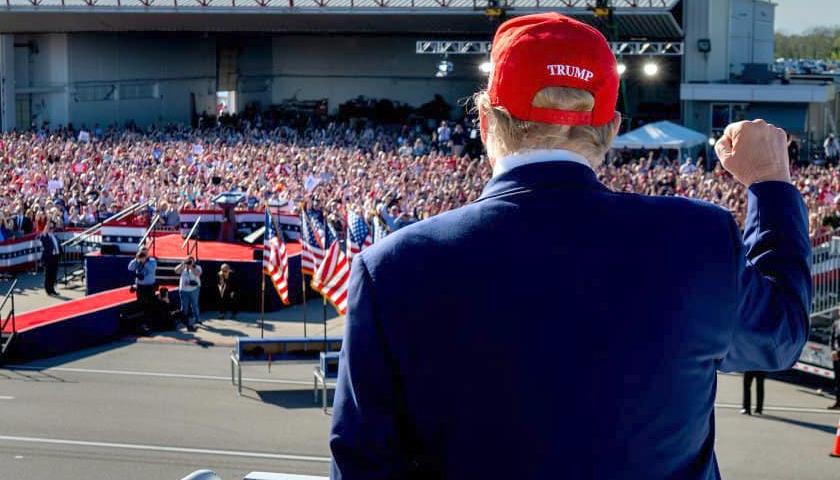Federal legislation designed to curb harmful online content exposure for minors is facing mounting criticism from conservatives for empowering government bureaucrats to infringe on free speech.
The Kids Online Safety Act (KOSA), introduced in 2022, aims to impose sweeping responsibilities on digital platforms such as Facebook, Instagram, and X when it comes to content minor children can consume.
The bill, which passed the U.S. Senate in July, has faced significant opposition in the House, where Republicans have expressed concerns over its constitutionality regarding free speech, and its potential to expand the power of the federal government.
Supporters of KOSA argue that the bill is crucial for protecting children from online dangers such as explicit content and harmful influences. However, critics such as House Majority Leader Steve Scalise and Speaker Mike Johnson, argue that the bill’s vague language could lead to significant overreach by the federal government, infringing on Americans’ First Amendment rights and personal control over their children’s online access.
One of the primary criticisms of KOSA is that it imposes broad restrictions on speech. While intended to protect minors, the bill’s vague language could lead to censorship of a wide range of online content. The bill’s provisions require platforms by default to prevent and mitigate content on matters that pose a risk to physical and mental health of a minor“. KOSA provides few examples of what that content looks like, which could inadvertently lead to restrictions based on the lines of bureaucratic political ideologues.
KOSA intends to give the Federal Trade Commission (FTC) the authority to enforce the bill and make determinations on what constitutes harmful content for both children and teenagers. Opponents of KOSA argue that FTC authority could lead to bureaucratic interference in parental decisions regarding their children’s online activity, and the bill’s lack of a clear definition of “harmful content” further raises concerns. Since KOSA would leave these determinations to the discretion of the FTC and other unelected bodies, they are potentially subject to political bias.
KOSA critics highlight the possibility that the bill could be used for political censorship. By granting the FTC the authority to enforce content regulations, KOSA could empower future administrations to suppress content they deem undesirable, especially if political or ideological biases influence regulatory decisions. The recent controversies surrounding FTC Chair Lina Khan’s political affiliations have heightened concerns about the bill’s potential for abuse.
Despite widespread recognition of the need to protect children from online harms, KOSA’s critics argue that the bill’s approach is flawed. Many advocate for a solution that empowers parents and uses existing tools, like parental controls, to allow families to manage online safety without broad government intervention.
As it stands, KOSA remains stalled in the House, and its future is uncertain. While supporters believe the bill is a necessary step for child safety, the opposition argues that its current form could lead to unintended consequences, including a stifling of free speech and bureaucratic control online. Both sides agree, however, that more work is needed to balance online safety with constitutional rights and personal freedoms.
– – –
Written by staff reporters at The Tennessee Star.





